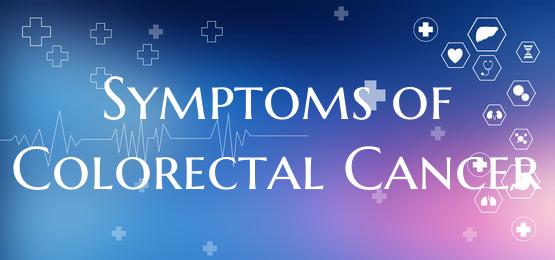
Symptoms of Colorectal Cancer
Colorectal cancer is a type of cancer that affects the colon or rectum, both of which are part of the large intestine. Understanding the symptoms of colorectal cancer is crucial for early detection and treatment. Here are some common symptoms to watch out for:
1. Changes in Bowel Habits: Persistent diarrhea, constipation, or a change in the consistency of the stool may indicate colorectal cancer.
2. Blood in Stool: Blood in the stool can be a sign of various conditions, including hemorrhoids or anal fissures, but it can also be a symptom of colorectal cancer.
3. Abdominal Discomfort: Cramping, bloating, or abdominal pain that lasts for an extended period could be a sign of colorectal cancer.
4. Unexplained Weight Loss: If you are losing weight without making any changes to your diet or exercise routine, it could be a symptom of colorectal cancer.
5. Fatigue: Feeling extremely tired or weak for no apparent reason may be a symptom of advanced colorectal cancer.
6. Anemia: Low red blood cell count, often caused by internal bleeding in the colon, can lead to anemia, resulting in fatigue and weakness.
7. Nausea or Vomiting: Persistent nausea or vomiting, especially when accompanied by other symptoms, should not be ignored.
8. Bowel Obstruction: A colorectal tumor can partially or completely block the intestine, causing symptoms like severe abdominal pain, bloating, and vomiting.
It is essential to remember that these symptoms can be caused by conditions other than colorectal cancer. However, if you experience any of these symptoms, especially if they persist for more than a few days or worsen over time, it is important to consult a healthcare provider for a proper evaluation and diagnosis. Early detection of colorectal cancer can significantly improve treatment outcomes and overall prognosis. Regular screening tests, such as colonoscopies, are recommended for individuals at average risk to detect and prevent colorectal cancer.